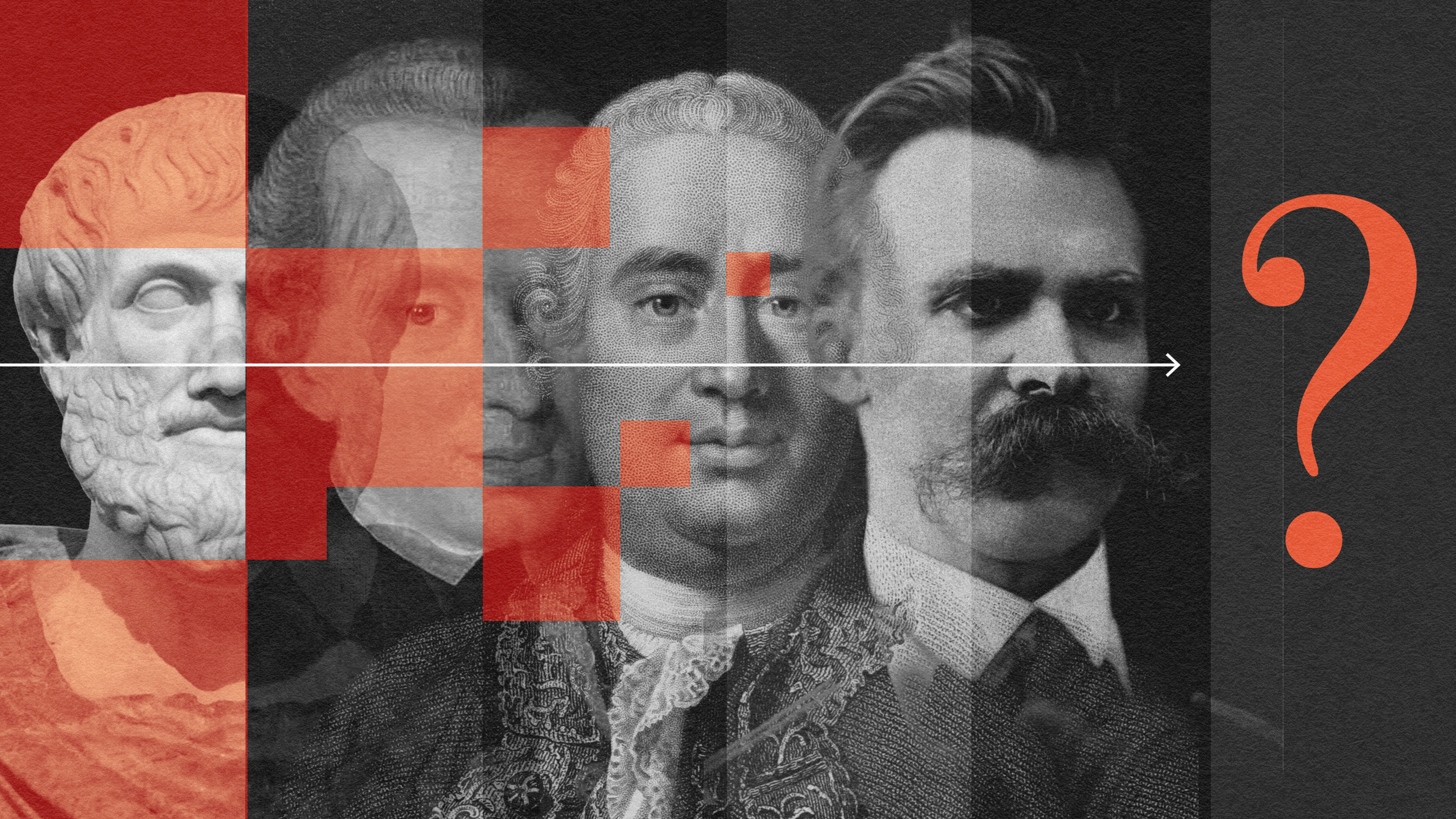In Defense of Experts

As a website devoted to providing an interactive, online forum with global thought leaders, you can imagine our dismay when we read Nicholas Kristof’s evisceration of “experts” in today’s New York Times. Then we took a closer look.
We concede that the perils of over-the-top intellectualism are ever present in the world of expertise. Indeed, there’s nothing that will make a lay audience tune out quicker than an expert who gives actionable advice to the world but sounds like a pale recluse wrapped in tweed and cloistered in a tower of ivory. The only thing worse than that is the amateur loudmouth who successfully passes him or herself off as a sage.
While Kristof may have decried the blind belief in expert opinion, he also decried spurious expertise-making. And we are in agreement. But on one point Mr. Kristof does not go far enough. While his assertion that the “marketplace of ideas for now doesn’t clear out bad pundits and bad ideas partly because there’s no accountability” is true, what’s equally true is that the public’s capacity for critical thinking and analysis–to minimize the damage from the bad pundits–has gone the way of the dodo bird.
True, the real estate “experts” who proffered bad mortgages and, as a result sunk the US housing market, were nothing of the sort, but the buyers who defied the most basic norms of logic and common sense to believe the mortgages they were buying were sound were equally, if not more, at fault. What we need are better venues where good ideas can be discussed and debated–and where the best can rise to the top.
Egghead gurus are not going away. In fact, the internet had given every man woman and child in the world, just about, a soapbox for broadcasting expertise and, as Jon Stewart has proven, any platform is now game for vetting the pundits. That’s good news. But Mr. Kristof’s call for a “system” to catch the charlatans seems a bit overwrought.
Experts, even expert impostors, fill a vital role, and it’s probably a worthwhile exercise for all people to know how to separate the expert wheat from the faux-expert chaff. Especially in times of upheaval like the current one, conclusions should be derived empirically. It’s one of the pillars of the western tradition after all. And for that approach to function sustainably, we need to hear all the voices. Vetted expert opinion, because we do not have the time, gumption or intellect to form it ourselves, will continue to inform out conclusions, and, more importantly, arm us against all that specious hooey flying around out there.




